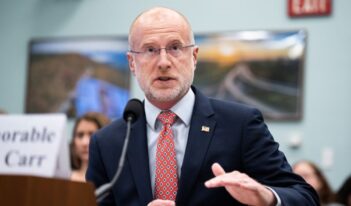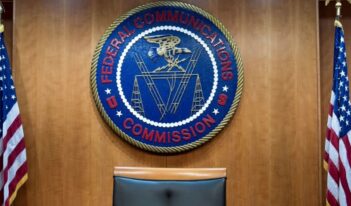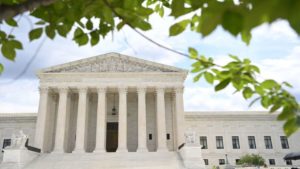The Demise of Agency Independence and the FCC
The likely end of the FCC’s independence should spur Congress to overhaul the agency.
FCC Proposes Localized Mental Health Support for Hotline Texters
An FCC proposed rule for the national suicide and crisis hotline would route texters to local crisis centers.
FCC’s New Rule Protects Domestic Violence Survivors’ Cell Phone Access
FCC says a cell phone can be an abuser’s tool of control or a survivor’s lifeline.
Administrative Law Essay Competition Winners
Two essays by the student winners of a Penn Carey Law essay competition describe important regulatory issues.
The Next Generation of Space Regulation
Scholars explain how the commercial space age creates demands for regulatory reform.
Blastoff to U.S. Commercial Space Regulation
Scholar argues for an optimal commercial space regulatory regime that balances innovation, responsibility, and security.
Is It time to Shutter a Reagan-Era Broadband Program?
Scholar argues the FCC’s Lifeline telecommunications subsidy program is no longer needed.
The Regulatory Triumph of Wi-Fi
Scholar argues that the FCC deserves more credit for the rise of Wi-Fi.
Returning to Agency Deference in Communications Law
With its Prometheus decision, the U.S. Supreme Court centered agency deference in reasonableness.
What Is the Future of Social Media Regulation?
Justice Thomas signals the potential for regulation of social media platforms and their power over speech.
Restoring Trust in the Media
Scholar argues for increased regulation of news media to promote fairness and objectivity.
The Constitutional Foundations of Communications Law and Policy
The government must recognize constitutional property and free speech rights in communications law and policy.












